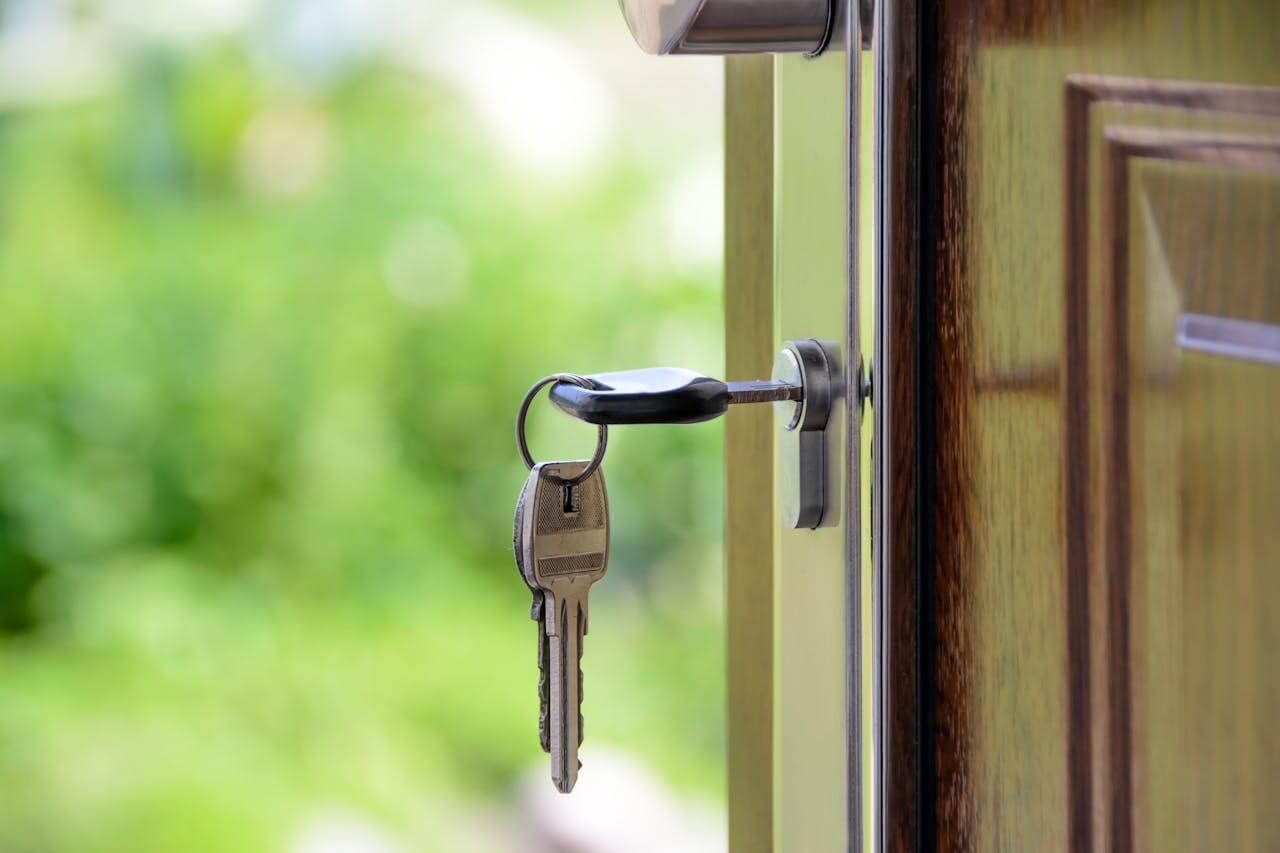
What is a Senior Stretch Loan?
A senior stretch loan can help you purchase a property …
Most lenders will only let you take out one secured loan at a time (in addition to your mortgage). However, the number of secured loans you can have open at any time will depend on a range of factors, including the type of loan, the lender and your personal circumstances.
This is because when you take out a secured loan, the lender registers a charge on your property. This means that they have a legal right to seize the property if you default on the loan. If you have more than one secured loan on a property, the lender with the first charge will have priority in claiming the property if you default.
Each lender will have their own restrictions on the number of secured loans you can have open at any time. For example, some lenders may only allow you to have one secured loan on a property, while others may allow you to have two or more.
Your personal financial circumstances will also play a role in determining how many secured loans you can have open at any time. For example, if you have a good credit score and a low debt-to-income ratio, you may be able to get approved for more secured loans at one time than someone with a poor credit score and a high debt-to-income ratio.
There are a few reasons why lenders typically limit the number of secured loans you can have open at any time:
You can generally just have one secured loan open at a time on your house (in addition to your mortgage). This is because lenders are only willing to lend on a “second charge” basis. If you already have a secured loan on your property, then the lender would have to take on a higher level of risk by lending you the money, so most choose not to.

Most lenders will not allow you to have more than two secured loans open at any time, regardless of your credit score. The types of secured loans that you can have open at any time with bad credit may also be limited.
It depends on the lender. There are some lenders who specialise in lending to borrowers with no credit history. These lenders may be willing to lend you money against certain types of collateral, such as your home. However, they will typically charge higher interest rates and fees than lenders who lend to borrowers with good credit history.
There are no specific limits on the types of secured loans you can have open at any time. However, most lenders will not allow you to have more than two secured loans open at any time, regardless of the type of loan. This is because they do not want to lend you too much money, as they would be at a higher risk of losing their money if you default on your loans.
The types of secured loans that you can have open at any time will vary depending on the lender and the type of property you have. Some common types of secured loans include:
| Loan type | Advantages | Disadvantages |
| Home equity loan | Lower interest rates, longer repayment terms | Requires good credit history, may affect your mortgage |
| Second charge mortgage | Can be used even if you already have a mortgage | Higher interest rates than first charge mortgages |
| Logbook loan | Quick and easy to get, no credit checks | High interest rates, short repayment terms, could lose your car if you default |
| Bridging loan | Can be used to finance a property purchase before you sell your existing property | High interest rates, short repayment terms, could lose your property if you default |
A home equity loan is a type of secured loan that allows you to borrow money against the equity in your home. Equity is the difference between the value of your home and the amount of money you owe on your mortgage.
Home equity loans typically have lower interest rates and longer repayment terms than unsecured loans, such as personal loans. This is because the lender has the security of your home if you default on the loan.
You can use a home equity loan for a range of purposes, including:
A second charge mortgage is a type of secured loan that you can get if you already have a mortgage on your home. Second charge mortgages are normally used to borrow money for home improvements, debt consolidation, or business ventures.
Second charge mortgages typically have higher interest rates than first charge mortgages, but they can be a good option if you have bad credit history or if you need to borrow a large amount of money.
A logbook loan is a type of secured loan that lets you borrow money against the value of your car. Logbook loans are typically used to borrow small amounts of money for short periods of time. They are often advertised as a quick and easy way to get cash, but they can be expensive and risky.
To get a logbook loan, you will need to provide the lender with your car’s registration document. The lender will then register a charge on your car, which means that they have the right to seize the car if you default on the loan.
Logbook loans typically have high interest rates and short repayment terms. This means that you will need to be able to repay the loan quickly or you could end up paying a lot of interest.You also risk losing your car.
A bridging loan is a type of short-term secured loan that is used to bridge the gap between buying one property and selling another. Bridging loans are typically used by property developers or investors who need to finance a purchase before they can sell their existing property.
Bridging loans usually have high interest rates and short repayment terms, just like with logbook loans. This is because the lender is taking on a lot of risk, as they are lending money to someone who does not yet have the funds to repay the loan.
Bridging loans can be a useful tool for property developers and investors purchasing a house on auction, but they should be used with caution. It is important to make sure that you can repay the loan on time, as otherwise you could lose your property. Speak to a bridging loan broker for more information.
Most lenders will allow you to consolidate up to five secured loans together. This includes mortgages, home equity loans, second mortgages, and car loans. Consolidating your secured loans can be a good way to reduce your monthly repayments and improve your credit score.
When you consolidate your loans, you take out a new loan to pay off all of your existing loans. This can reduce the number of monthly repayments you have to make and can also make it easier to manage your finances.
However, you should first compare interest rates and fees before consolidating your loans. Some lenders may charge high fees for consolidating loans, so it is good to compare them beforehand to make sure that you are getting a good deal.

A senior stretch loan can help you purchase a property …

A mortgage offer officially lasts for 3-6 months depending on …

If you have purchased a car through a dealership using …